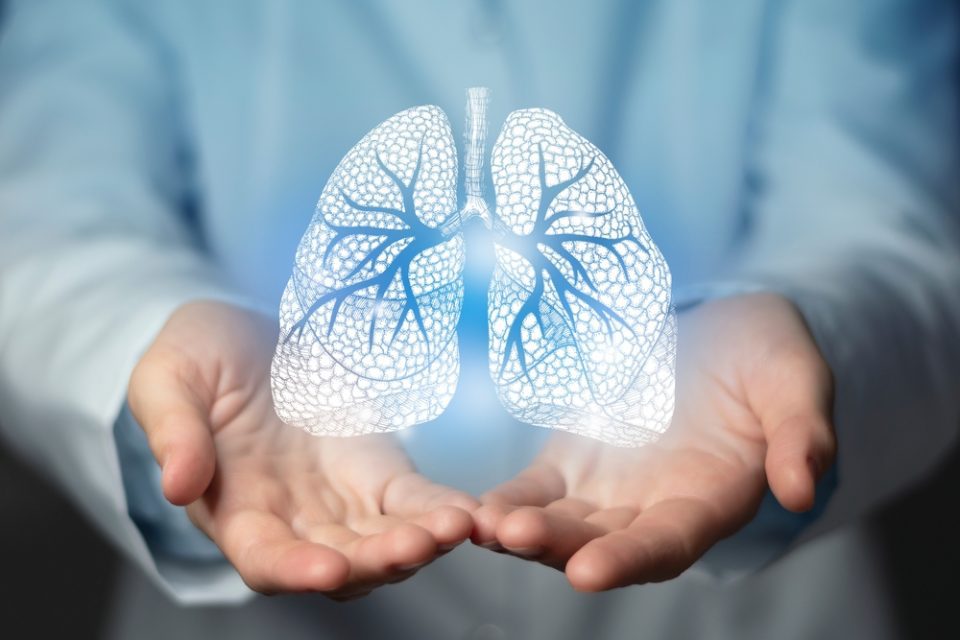Medical drama meets dark comedy as series tackles complex health narrative

Netflix’s No Good Deed has brought a unique twist to the medical drama genre by blending dark comedy with a deep dive into the rare disease sarcoidosis. The show, which stars O-T Fagbenle as Dennis, follows a character grappling with the psychological and physical challenges of a condition that many people know little about. As a result, the series has sparked unprecedented public interest in this rare and complex disease, shedding light on its mysteries and the difficulties of living with it. Through its portrayal of sarcoidosis, No Good Deed not only educates but also pushes the boundaries of what a medical drama can achieve.
The medical mystery unveiled
Sarcoidosis, a disease that has often been overshadowed by other more widely known conditions, takes center stage in No Good Deed. Historically, this inflammatory disorder has been difficult to diagnose, understand, and treat, leaving many patients frustrated and without answers. In the show, the character Dennis struggles with both the physical manifestations and the mental toll of living with a hereditary condition that could potentially affect his future health. The series explores the emotional and psychological impact of genetic predisposition to illness, an aspect that has rarely been addressed in mainstream media. Through Dennis’s journey, viewers gain a glimpse into the uncertainty and fear of facing a diagnosis that is as elusive as it is challenging.
Understanding sarcoidosis
Sarcoidosis is an inflammatory disease that can affect any organ in the body, although it is most commonly found in the lungs and lymph nodes. The condition is characterized by the formation of granulomas—small clusters of immune cells—within affected tissues. These granulomas can disrupt normal organ function, leading to a wide range of symptoms that can be difficult to distinguish from other diseases. The exact cause of sarcoidosis remains unknown, and there are no standard risk factors. What makes the condition particularly challenging is that it can resolve on its own in some patients while becoming chronic in others.
In No Good Deed, Dennis’s battle with the disease is central to the narrative, showcasing the challenges patients face in managing a condition that even medical professionals often don’t fully understand. The series also highlights the rarity of sarcoidosis, making it even more difficult for those who suffer from it to find the support they need.
Clinical manifestations
The symptoms of sarcoidosis can vary greatly from one patient to another, and they often mimic other conditions, making diagnosis a complex and time-consuming process. No Good Deed effectively captures this uncertainty, showing how difficult it can be for both patients and doctors to pinpoint the exact cause of symptoms.
Some of the most common clinical manifestations of sarcoidosis include:
- Persistent respiratory issues: This can range from mild coughing and wheezing to more severe shortness of breath. Lung involvement is one of the most common forms of sarcoidosis, and it can significantly impact a patient’s quality of life.
- Unexplained fatigue: Many patients with sarcoidosis report feeling unusually tired, even after rest. This fatigue is often one of the most debilitating symptoms of the disease.
- Skin changes: Sarcoidosis can cause skin lesions, which can be disfiguring and contribute to the emotional strain patients experience.
- Vision problems: When the eyes are affected, sarcoidosis can lead to blurry vision, pain, and even blindness in some cases.
- Joint pain and swelling: This is another common symptom, and it can make mobility and daily activities challenging for patients.
Each of these symptoms, which are portrayed in No Good Deed, plays an essential role in highlighting the complexities of sarcoidosis and the struggles that come with it.
Diagnostic challenges
One of the most compelling aspects of No Good Deed is its accurate depiction of the diagnostic journey that many sarcoidosis patients endure. In the show, Dennis’s experience with the healthcare system underscores the difficulties of getting a definitive diagnosis. Sarcoidosis often mimics other diseases, and patients are frequently sent from one specialist to another before receiving an accurate diagnosis.
To diagnose sarcoidosis, doctors typically rely on a combination of medical history, physical examination, imaging tests, and biopsies. However, even with these tools, it can take months or even years to confirm the diagnosis. This long and frustrating process is shown in the series, highlighting the emotional toll it takes on patients and their families.
Treatment approaches
Currently, there is no cure for sarcoidosis, but treatment options focus on managing symptoms and preventing complications. The approach to treatment is highly individualized, as the severity of the disease varies widely from person to person. Some common treatments include:
- Corticosteroids: These anti-inflammatory drugs are commonly used to reduce inflammation and manage symptoms.
- Immunosuppressive medications: In more severe cases, medications that suppress the immune system may be prescribed to prevent the body from attacking its own tissues.
- Lifestyle modifications: Patients with sarcoidosis are often advised to make changes to their daily habits to manage symptoms, such as quitting smoking or using supplemental oxygen for lung issues.
- Regular monitoring and follow-up care: Because sarcoidosis can affect multiple organs and vary in severity, patients require ongoing care to monitor their condition.
No Good Deed emphasizes the emotional and physical challenges of navigating these treatment options, showcasing how the disease impacts every aspect of life.
Impact on popular culture
The portrayal of sarcoidosis in No Good Deed has far-reaching implications beyond the world of entertainment. The show has not only introduced a rare and often misunderstood disease to the public but also sparked an important conversation about health awareness. By depicting the challenges faced by individuals with sarcoidosis, the series has helped raise awareness about the condition and prompted discussions about how medical narratives are presented in popular media.
Through this compelling portrayal, No Good Deed has demonstrated the power of television and entertainment to shed light on important health issues while keeping audiences engaged with its darkly comedic elements. As the series continues to capture the public’s attention, it is clear that its impact on medical awareness will be felt long after the credits roll.
In conclusion, No Good Deed has brought sarcoidosis to the forefront of medical discussions, using entertainment to educate and inspire. The show’s portrayal of a rare disease through the lens of a complex character like Dennis highlights the importance of authenticity in addressing health issues, encouraging more nuanced conversations around rare conditions that are often overlooked. Through this rare disease reveal, No Good Deed offers both entertainment and a powerful lesson in medical awareness, making it a groundbreaking moment for both television and public health.













